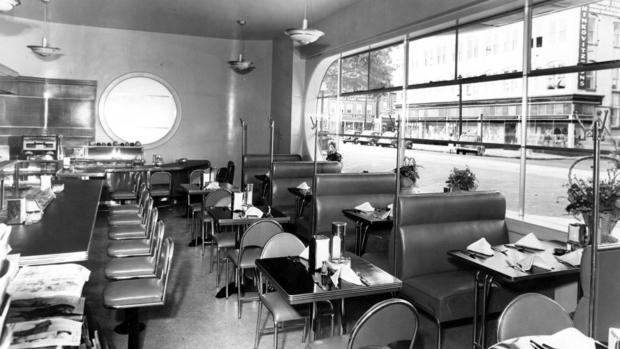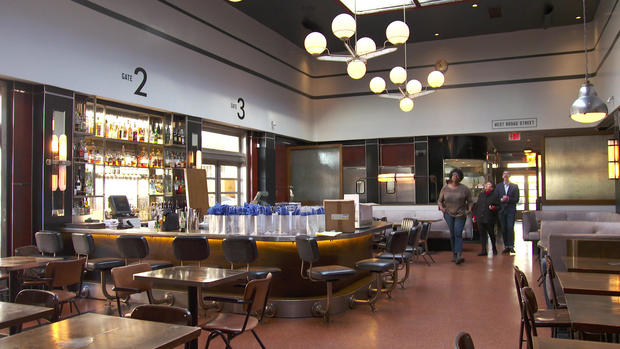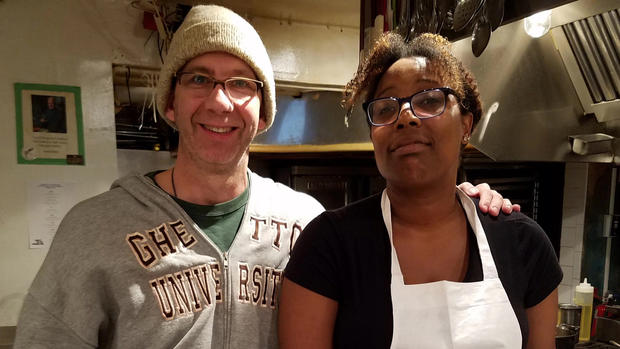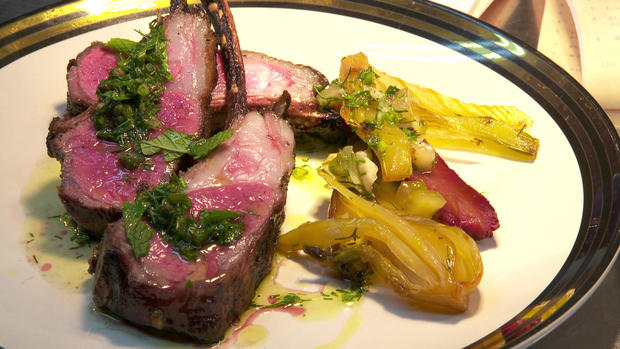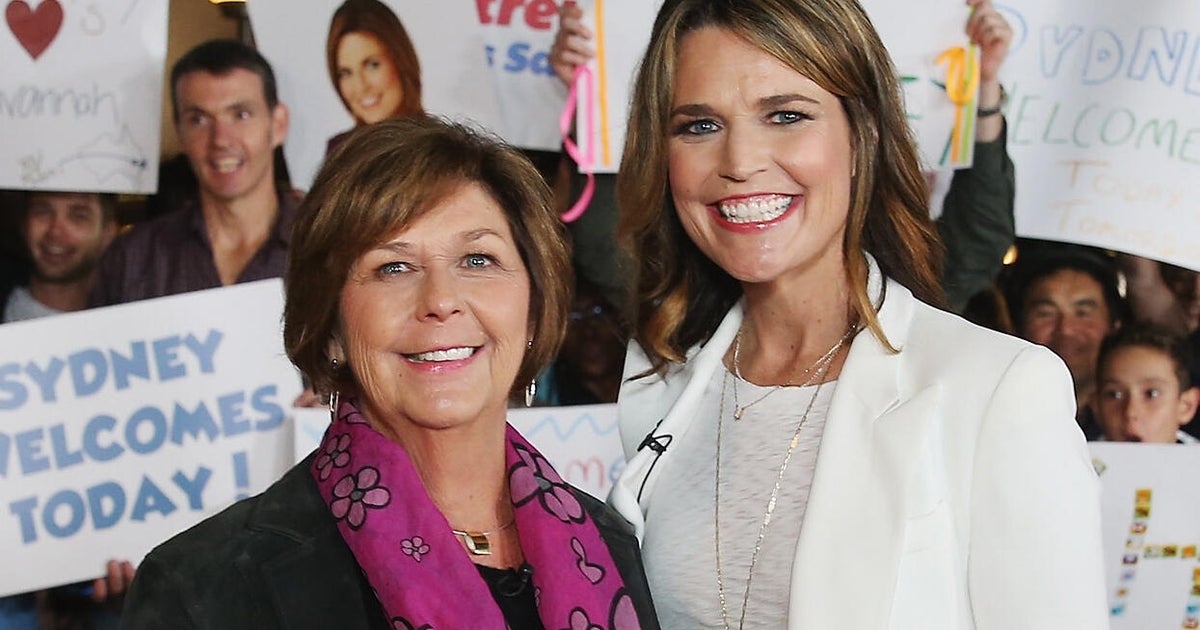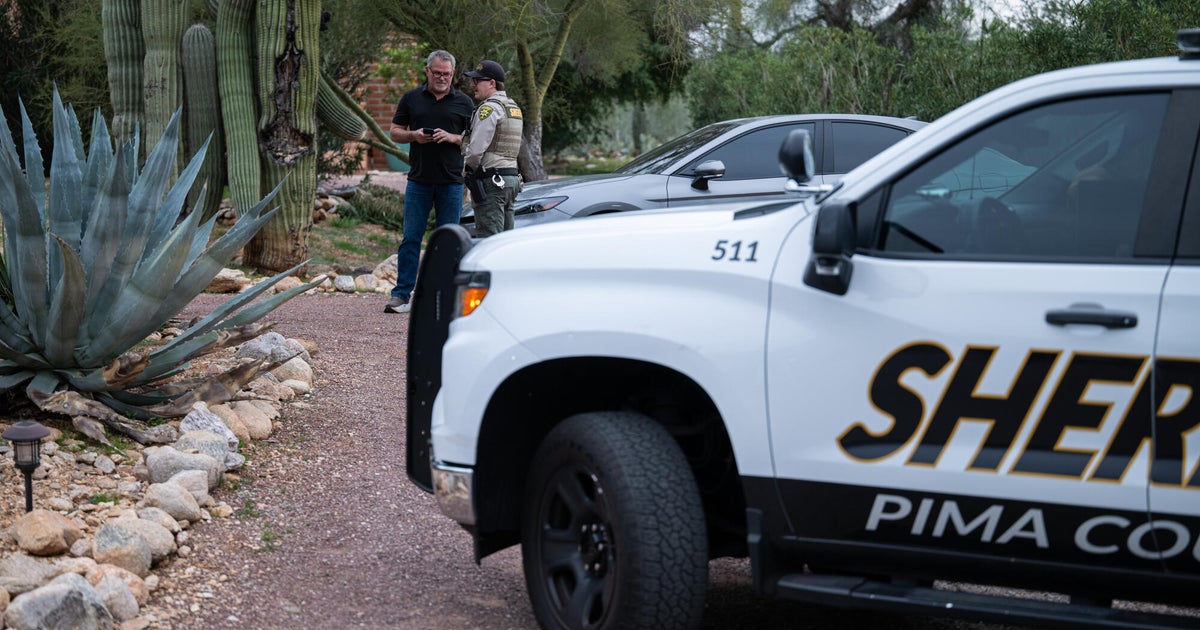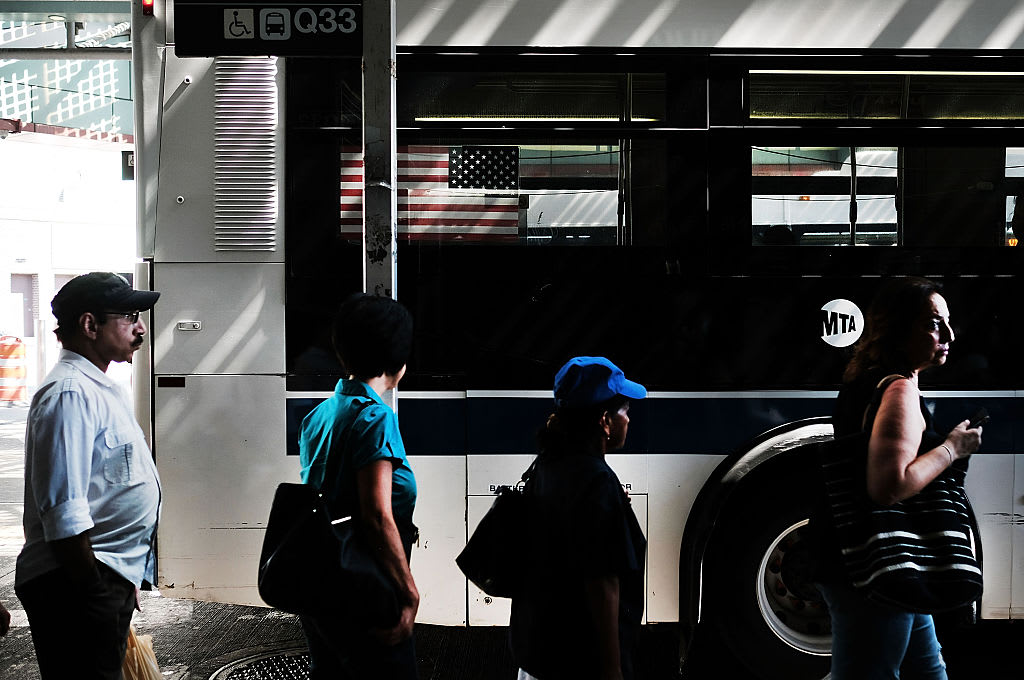Savannah restaurant serves up common ground on race
The past is what brings tourists to Savannah, Georgia – its historic district, the antebellum South, caught in a picturesque, storybook time warp. A few blocks away is The Grey, as in Greyhound, a destination restaurant in this destination city with a very different story to tell about Savannah's past – the story of a reckoning with race.
"I was just thinking about what this place used to be, a segregated bus terminal," said Johno Morisano, "and behind us was the Colored entrance and the Colored waiting room."
This is what it looked like when it opened in 1938:
… not the wreck Morisano, a transplant from New York City, bought in 2012, and decided to turn into his idealistic dream of what a restaurant could be.
"In my sort of simple thought process of it, I was a white guy; a Black woman would be my perfect counterpart to running this space," he told correspondent Martha Teichner.
"Before the meeting I thought, am I gonna be a symbol here?" said Mashama Bailey. "Am I gonna be a living, breathing political statement? Because I didn't want to."
Trained in France, Bailey was a sous chef in New York City, working for a prominent woman chef, when Morisano, a media entrepreneur with zero restaurant experience, approached her about becoming his partner in The Grey.
"We talked about pork shanks, right?" Morisano said. "And we both realized that our grandmothers both cooked pork shanks, and that was a common moment for us."
And although she was born in New York, Bailey had actually lived in Savannah for six years as a child.
The restaurant that Bailey runs is in a building that she once would have had to enter by the back door. The Grey opened in 2014. The loaded history of the place is part of its identity, but Morisano and Bailey avoided any discussion of race.
Morisano said, "That question really came home when we had our tragic event here, where we really had to confront it, because it was unspoken." She added, "It was unspoken; I was often the only Black person in the room."
The tragic event was the death, in front of Bailey, of The Grey's general manager, Scott Waldrup, run down by three young men fleeing a shooting in 2016.
"I didn't know how much I trusted Johno until I called him that night," she said. "Scott was a huge part of The Grey."
Morisano said, "I answered the phone, and she just was apoplectic, kind of like, you know, wailing and hard to make out and everything. Maybe we started to really see each other as partners at that point? It's like, in tragedy and trying times, you figure out who your friends are."
What started then, and continues still, is a conversation.
By the time Morisano asked her to collaborate with him on a book about The Grey, they trusted each other enough to face head-on everything both of them had until then left unsaid.
"I didn't want to talk about race," Bailey said. "I didn't want to talk about my feelings about race, and I didn't want to talk about his feelings about race."
And what happened? "We talked about race; it was hard," Morisano said.
He and Bailey, accompanied by Morisano's wife, Carol, rented an apartment in Paris, and the book took shape. "It was like a six-week-long therapy session, about ownership, pride, pain, fear, confusion," said Bailey. "It was really about opening those wounds and dealing with them."
That dialogue would become the book, "Black, White and The Grey."
From the audiobook, "Black, White, and The Grey":
Morisano: "Was I that guy who was talking a good game about progress, diversity, women's empowerment … because there was nothing at stake?"
Bailey: "Why would you hate us if we have nothing that you want?"
Morisano: "Was this part of my racism, my legacy, that remained hidden away in my unconscious?"
Bailey: "There's always a question of intent when Black folks and white folks do business together."
Morisano told Teichner, "The emotion was a lot harder than I thought it was gonna be, and Mashama can talk about how many times I cried and how many times she cried."
"It was less than him!" she laughed.
The restaurant is their safe space now.
In 2019, Mashama Bailey won a prestigious James Beard Award, and is up for another this year, for cooking that continues to pile up accolades and blow to pieces pre-conceived notions about what Southern food is.
The Grey is surviving COVID. A painting hangs above the most visible table. There's a Greyhound bus in it; Black people are sitting in the front, whites in the back. Morisano said, "We've had more than a handful of people walk out of the restaurant before ordering because they were offended by it."
The picture is quietly provocative, just like the conversation Bailey and Morisano have dared to have.
"I don't think Mashama and I are fixing anybody's problems," he laughed. "I don't think we're fixing Savannah's problems, the South's problems, America's problems. We're not even fixing our own problems! What we're really doing is just creating a dialogue and almost like a safe space for a dialogue between each other, and that's the best we can do, you know, I think."
RECIPE: Mashama Bailey's Chicken Country Captain
For more info:
- The Grey, Savannah, Ga.
- "Black, White, and The Grey: The Story of an Unexpected Friendship and a Beloved Restaurant" by Mashama Bailey and John O. Morisano (Lorena Jones Books), in Hardcover, eBook and Audio formats, available via Amazon and Indiebound
- Follow Mashama Bailey on Instagram
- Follow Johno Morisano on Instagram
Story produced by Jon Carras. Editor: George Pozderec.
